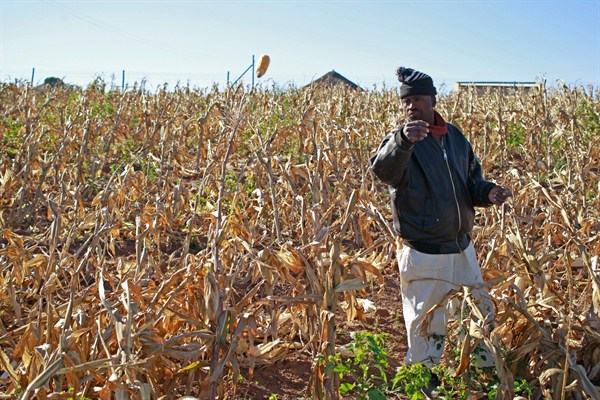Click to share on Twitter (Opens in new window)Click to share on LinkedIn (Opens in new window)Click to share on Facebook (Opens in new window)Click to share on Email (Opens in new window)
Editor’s Note: This article is part of an ongoing series on food security around the world.
African countries have long maintained some of the strictest regulations on genetically modified agriculture, with only four out of 47 countries across the continent allowing the planting of any genetically modified crops. Some countries, including Kenya and Nigeria, are mulling looser restrictions on imports and cultivation of genetically modified organisms, or GMOs, but those moves will have limited significance for food security, says Robert Paarlberg, an adjunct professor of public policy at Harvard University who specializes in global food and agricultural policy. In an interview, he explains why African countries maintain a cautious approach toward GMOs and why that is unlikely to change anytime soon. The following transcript has been lightly edited for length and clarity.
World Politics Review: Where has your research led you in terms of your views on biotechnology in agriculture, especially on the use of genetically modified crops?





